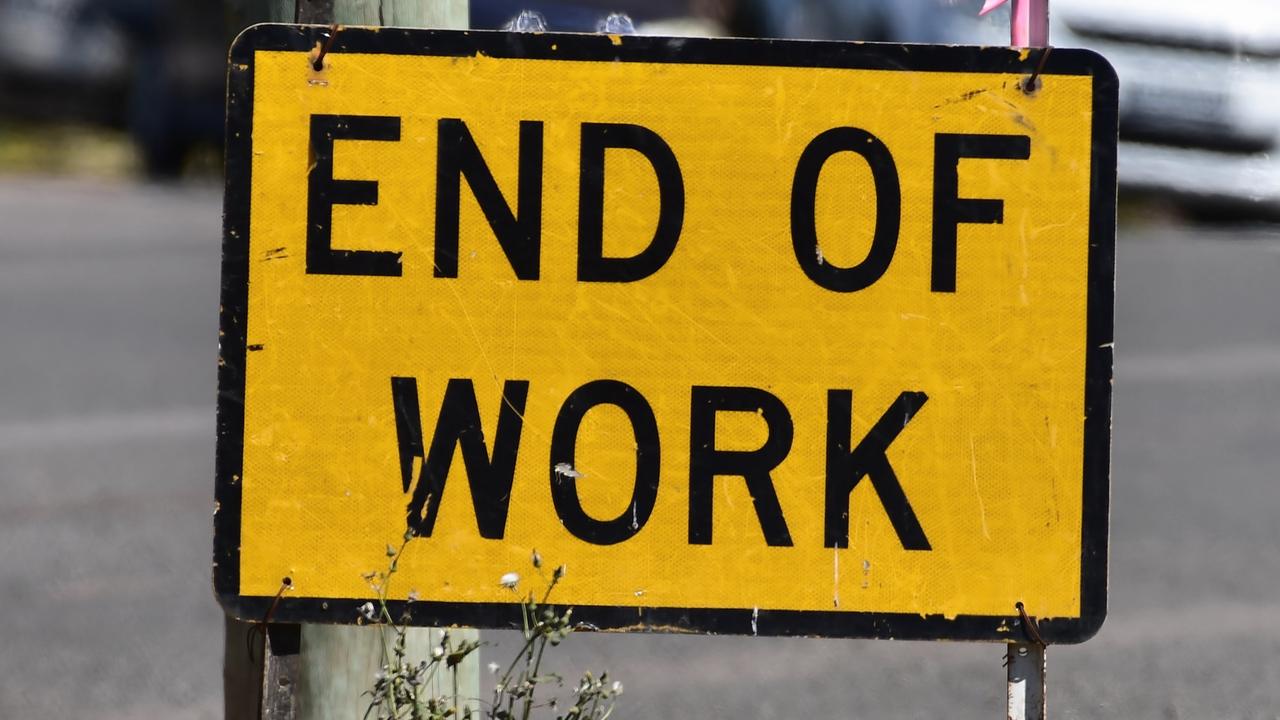Retirees heading back to work must know the numbers game
As older Australians live longer, some are returning to workforce years after they retired. It pays to know the financial issues that can result from this employment backflip.
Longer and healthier retirements are prompting senior Australians to return to the workforce years after they first stopped employment.
Whether it’s to boost a shrinking nest egg, beat boredom or rekindle a career, there are financial factors to understand, money specialists say.
Social researcher Mark McCrindle said government data showed workers were getting older.
“Certainly people are working longer, and in that mix there are people who have left and have come back,” he said.
“We are seeing more of it, and will, indeed, into the future.”
Mr McCrindle said one-sixth of the workforce was aged over 55.
“A 65-year-old today can expect on average 20 years more life, compared to their parents’ generation who could expect around 13 years of life expectancy at age 65,” he said.
“Not only are people living longer, they are active later.
“Older people now have the option of working. Back in the day it was pretty hard for someone in their 60s to get a job.”

Mr McCrindle said today’s sharing economy such as Airbnb and Uber allowed anyone to earn an income, while senior knowledge-based specialists could work as consultants or life coaches.
“One of the real issues is managing work and health — not just physical health in labour-heavy jobs, but also mental health,” he said.
“When someone has been gearing up for the finish line and suddenly they’re going back in, they do have to get their head around that and re-energise.”
When a retiree starts earning money again, there are tax, pension and superannuation issues.
TAX
Going back to work may mean paying income tax again, but that will depend on what you earn.
Older Australian workers pay less tax thanks to the governments Seniors and Pensioners Tax Offset (SAPTO).
This enables a single person of pension age to earn annual income of almost $33,000 a year and not pay a cent of income tax — that’s more than $630 a week tax-free.
Each member of a couple can earn more than $29,000 and not pay tax under the SAPTO rules.
AGE PENSION
Goldsborough Financial Services director Brenton Miegel said pensioners were able to work and still claim a full or part age pension.
Under the government’s pension income test, people can earn up to $174 a fortnight and claim a full pension, or up to $2026 a fortnight and still claim a part pension.
The thresholds are more generous for those above pension age thanks to the government’s Work Bonus scheme.
“The first $300 per fortnight you earn doesn’t count for income test purposes,” Mr Miegel said of this scheme.
MORE NEWS
Frequent flyer point mistakes can cost you
How valuable is financial advice?
“After that you will see a reduction in age pension of 50c for every $1 you are over the income test threshold.
“If you’re on an age pension, the Work Bonus scheme immediately comes into effect.”
Mr Miegel said the Work Bonus was flexible for retirees because it accumulated over a year.
“So if you want to do seasonal work — whether that’s being a Santa Claus, fruit picking or harvesting — the Work Bonus can allow people over age pension age to work for four-to-six weeks (full-time) and not see any reduction in their pension,” he said.

Mr Miegel said a retiree who earned “too much” money in a fortnight — and became ineligible to receive any pension for that period — would not have to reapply.
“You can go six fortnights of zero income support from Centrelink without having to go and reapply,” he said.
SUPERANNUATION
When retiring, many people switch their super from an accumulation account to an account-based pension that is tax-free but cannot accept new deposits.
“If you’re on an account-based pension, you can continue that, no problems at all,” Mr Miegel said of retirees who returned to work.
He said they could choose to roll their account-based pension back into super, but its earnings would then be taxable.
Another option is to open a new accumulation account to receive contributions.
Employers will pay compulsory contributions into this account, and Wealth for Life Financial Planning principal Rex Whitford said retirees could also contribute as long as they met the work test.
Anyone aged 65 to 74 must work for a minimum of 40 hours in a 30-day period to be able to make voluntary contributions to super.
After 75, the only money that can go into super is employer compulsory payments.
Mr Whitford said seniors going back to work should consider the costs they might incur such as travel and uniforms.
“There’s a balancing act — people have to look at their budget at work and their budget when not working,” he said. “Is there value in working?”
Mr Whitford said retirees often felt they had more to contribute.
“You are a long time retired,” he said.
“After you’ve taken a couple of cruises, what is there? How many cruises do you want to take?
“For many people it’s the ability to say ‘I don’t have to work but I want to work’.”



